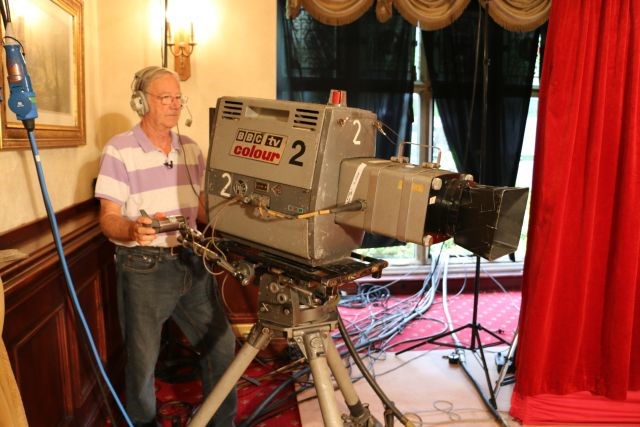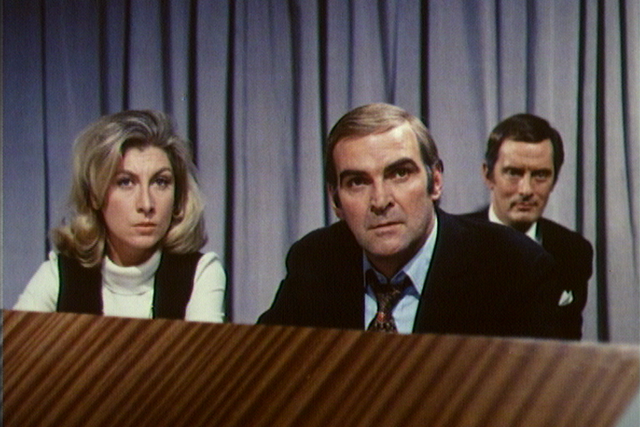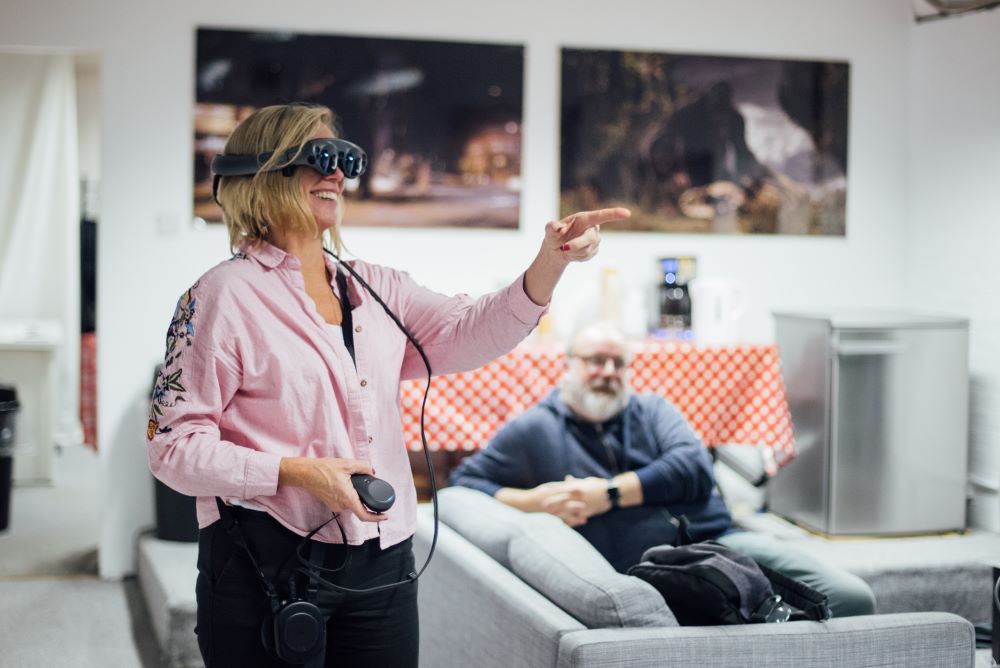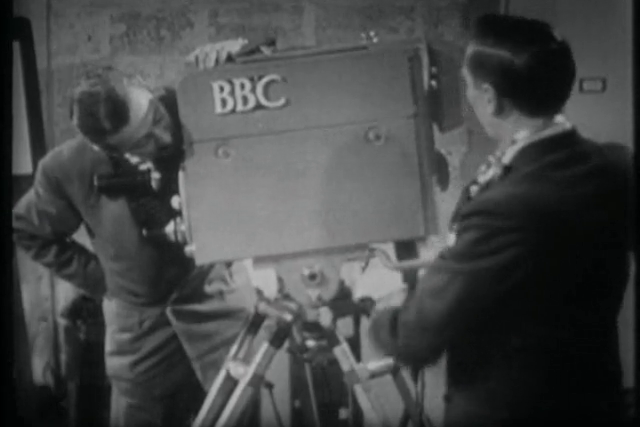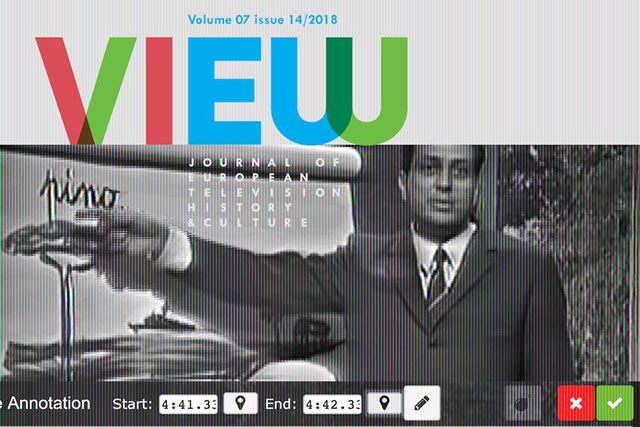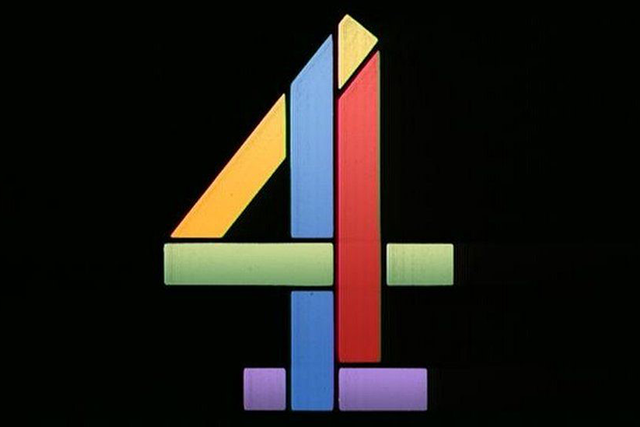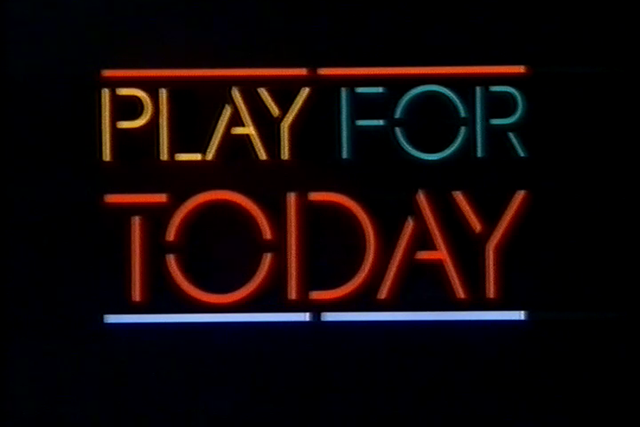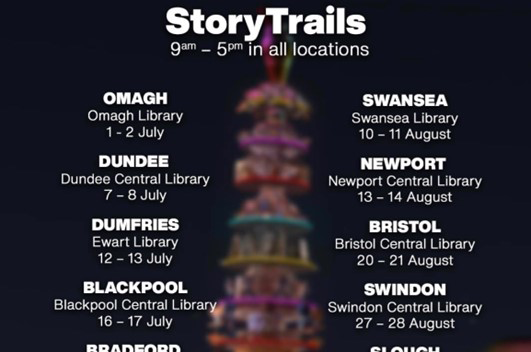The Centre is involved in a range of research, both individual and collective, related to television culture and production. This has involved investigations into the histories of television technology and forgotten drama, the archiving and curation of television, the role of the ‘independents’ within the television industry, multiplatform production and storytelling, new methods of production in television documentary, the use of big data in television and the changing forms and modes of narration in television.
Centre associates are also involved in the production of television and notable achievements have included the six-part television drama series, The Frankenstein Chronicles (ITV, 2015), co-created and co-written by Barry Langford, and the six-part documentary series Hospital (BBC, 2017), developed and executive-produced by Helen Littleboy.
The Centre also maintains a lively postgraduate research culture and past and present PhDs have included research on editing in British television, television sound, multimedia online archival practice, television documentary production, the production cultures of television in China, television political comedy, the Welsh working class in film and television, the BBC series ‘Play for Today’ and Ulster Television in the 1960s.
Major projects in recent years have included:
- ADAPT, a five-year research project, funded by the European Research Council, into the typical ways that television has been produced since the 1950s, led by Centre Co-Director Professor John Ellis.
- The History of Forgotten Television Drama in the UK, a four-year research project funded by the Arts and Humanities Research Council, led by Centre Co-Director Professor John Hill.
- Storyfutures, a four-year research project, funded by the Arts and Humanities Research Council, exploring new forms of digital and immersive storytelling and industrial partnerships, led by Centre Co-Director Professor James Bennett.
